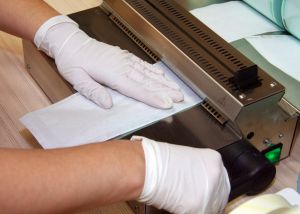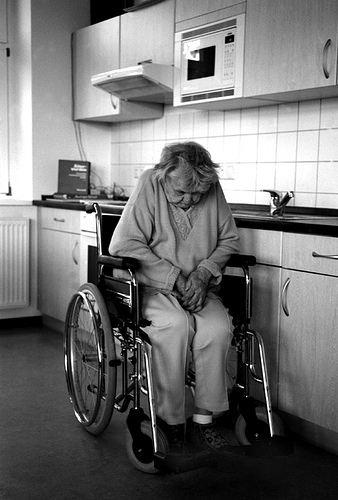For many kids, the most exciting part of starting a new school year is that they can resume participation in athletic events. While school athletics has many positive benefits for children, including both social benefits and health benefits, a personal injury lawyer knows that kids who play sports also face significant risks. 
Head injuries are among the most serious dangers of school athletics but kids could also face overexertion injuries, heat injuries and even heart attacks depending upon their physical shape and whether school athletic programs do enough to keep them safe.
Preventing Sports Injuries This Fall
Action News 19 provided some basic safety tips that should be followed when students resume playing sports this school year. Tips include:
- Having kids start exercising before the actual athletic season. About four to six weeks before a school sport starts, kids should get back into shape and begin exercising again.
- Acclimatizing kids to hot weather over time. When fall practice season starts, the weather may still be warm. To prevent heat injury, slowly increase the amount of time kids spend practicing outdoors in the hot sun. For the first 10 to 14 days of the practice season, kids should slowly work up to spending more time each day practicing outside.
- Give kids regular breaks. Around every 10 to 15 minutes, kids should be given a chance to rest and have some water or fluids to replenish their bodies.
- Ensure kids have protective gear that is in good repair, that fits them appropriately and that they actually use both during games and during practice.
Following these safety tips can help to reduce some common injuries, but doctors still caution that head injuries are one of the biggest risks associated with playing school sports. Unfortunately, as one neurosurgeon warns, it is impossible to ever undo the damage that a brain injury can cause once a child has sustained a blow to the head. The damage can cause long-term health problems such as increasing the risk of suicide, depression and dementia.
School athletic departments must know the signs associated with concussion, which include sensitivity to light, memory problems, disorientation or confusion, and dizziness. If it is suspected that a child athlete may have sustained a concussion, a thorough medical evaluation is necessary and the child should not continue to participate in athletic events unless or until he has been cleared to do so by a medical professional.
While many people think of football when they think of injuries resulting from athletics, WCYB warns that football is not the only high-risk sport. Kids can also sustain head injuries when playing games like soccer or basketball or when participating in cheerleading. Repeated head injuries in any sports event are more likely to do more long-term damage and cause complications.
Athletic departments need to be aware of the dangers of head injuries and should have a protocol in place for meeting the medical needs of a child who has sustained a blow to the head.
Call the Law Offices of Gary Martin Hays & Associates, P.C. at 1-800-898-HAYS or visit https://www.garymartinhays.com to schedule a free consultation with an Atlanta personal injury lawyer.






